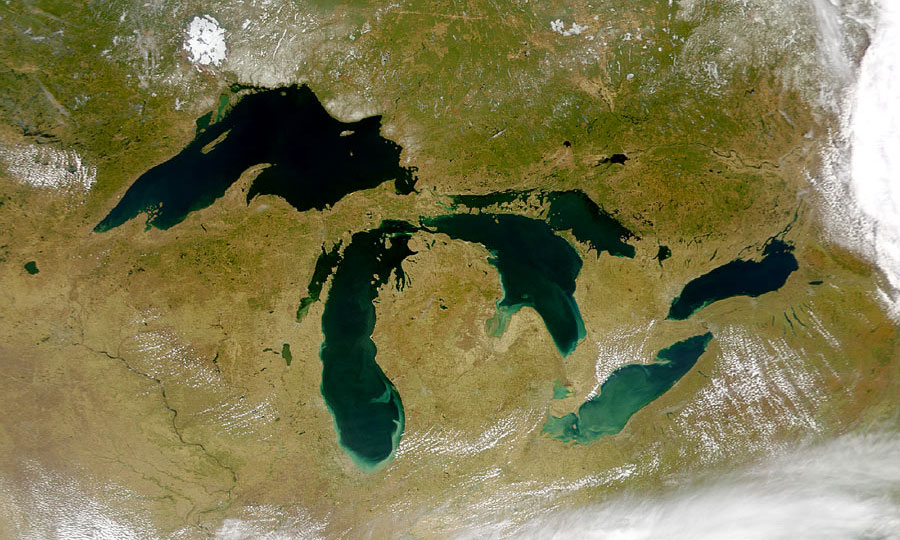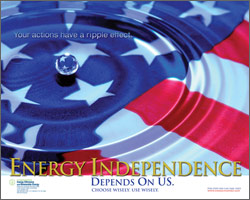In May, GLRPPR announced the new P2 Search tool, designed to search several different pollution prevention (P2) related web sites simultaneously. Now we’re pleased to report that the total number of sites currently included in this search engine is 45. GLRPPR Help Desk Librarian Laura Barnes has added the “GreenBiz” family of web sites (www.greenbiz.com, www.greenerbuildings.com, www.climatebiz.com and www.greenercomputing.com), as well as OSHA, CDC’s National Institute for Occupational Safety and Health, and the National Institute of Environmental Health Sciences to this customized Google search tool. The complete list of sites included in P2 Search is available at http://www.glrppr.org/search/p2_search_list.cfm. If you have suggestions for other web sites you think should be included in P2 Search, contact Laura Barnes.
We appreciate feedback on P2 Search. Our thanks go out to Harmony Madill of Environment Canada’s Canadian Pollution Prevention Information Clearinghouse (CPPIC), who contacted us recently after trying out P2 Search and noticing that some documents available on CPPIC weren’t showing up in the search results, even though they were showing up in the results of a standard Google search. Laura Barnes did some investigating and discovered that P2 Search was looking at the index of the English version of the CPPIC site (it’s available in English and French, of course), rather than the more generic http://www.ec.gc.ca/cppic (sometimes you can be too specific). Laura remedied the situation by broadening P2 Search to include the entire Environment Canada domain. Nice catch, Harmony!
You can add P2 Search to your own web site or to your customized Google homepage (iGoogle) by following the links and instructions available in the lower right hand corner of the P2 Search homepage. Code is provided for adding the tool to your web site, so if you’re not technically savvy or not authorized to alter your organization’s web site, you’ll need to provide this to your webmaster. If you do this, tell us about it to help us get a feel for how many people are using this option. Happy searching!

 In honor of
In honor of